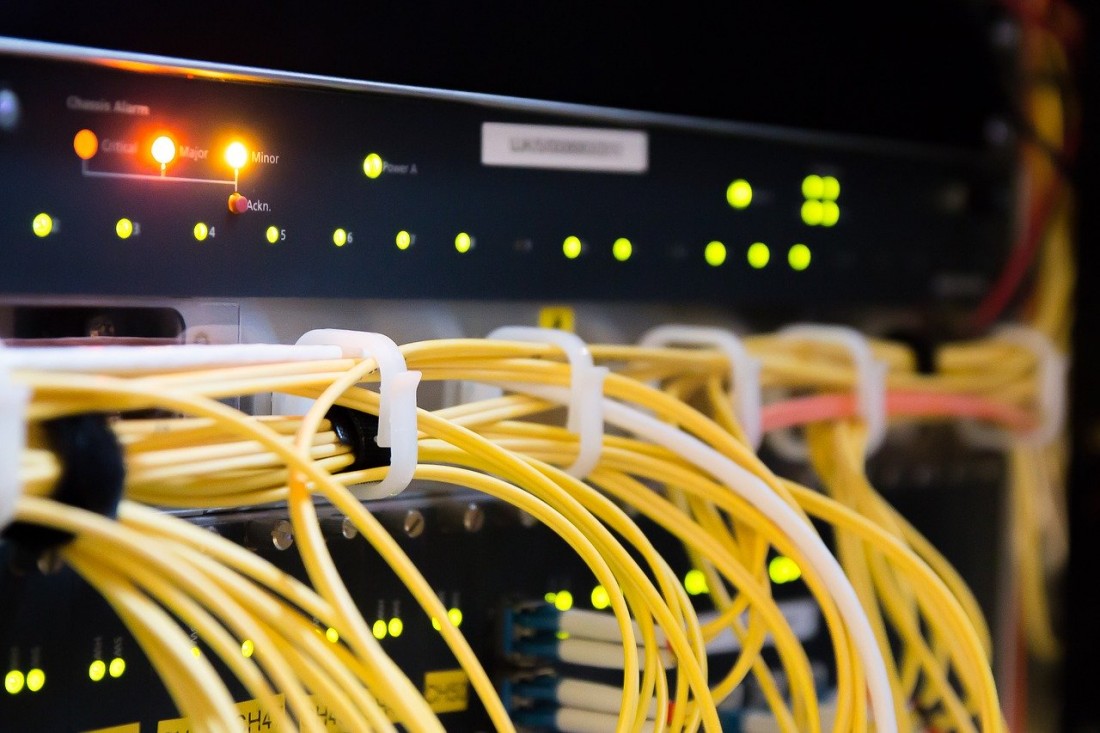Broadband’s Impact on Economic Development: A Lack of Access to Social Capital
North Carolina residents with no or low access to quality broadband are missing out on important economic benefits of cultivating social capital through connections.

Regions across North Carolina have had significantly varying paces of economic development. Social capital levels offer one lens through which to view these regional disparities. Economic development of a given place can greatly depend on the presence and impact of social capital, which includes social culture, norms and collaboration that promote development activities and possible economic reform.

Social capital can be used and leveraged to achieve the goals of a collective group with an outcome of more economic capital due to connections. Social capital increases the efficiency of social exchange, allowing for communication and collaboration to occur. There are three types of social capital that can be leveraged: bonding, bridging, and linking. Bonding, or in group cohesion, refers to the relationships built among individuals with characteristics or group membership in common. Bridging, or out of group cohesion, refers to relationships built among individuals, communities, or groups with differing background characteristics or group membership. Linking is an extension of bridging capital and includes networks and organizations that provide connections across power dynamics, giving access to more resources.

North Carolina residents with no or low access to quality broadband are missing out on important economic benefits of cultivating social capital through connections (Unlocking the Digital Potential of Rural NC Report 2019). Bonding capital can occur through digital connections, bringing individuals of a group together to increase social connections within a group. Bridging capital could be improved by connectivity via broadband access, because many groups of different backgrounds have difficulty connecting face to face or may not even be in proximity to the other group but could greatly benefit from this relationship. Linking social capital is a way in which many communities connect to more powerful networks, allowing for access to thought leadership, information, and resource allocation through broadband access. Without access to this communication, community voices may be left out of the economic development process and therefore have unequal opportunities. Although economic growth will require extended access to Broadband to attract industries providing jobs, this also impacts communities’ ability to form and leverage social capital to improve economic development at all three levels: bonding, bridging, and linking.

In today’s advanced technological world, many connections occur in ways that are not face to face. Many technological platforms have been leveraged to create more efficient connections, which has strengthened the use of social capital for economic development. However, in the state of North Carolina, there is a broadband access rate of 68%, which is likely a conservative estimate. Full broadband access, a necessary utility to access and leverage social capital to improve economic conditions, holds a promise to increase economic mobility for both groups and entire communities.
Sources:
American Community Survey 5-year estimates 2017: Access to Broadband
Laycock, K.E. & Mitchell, C.L. Climatic Change (2019) 152: 47. https://doi.org/10.1007/s10584-018-2360-6 (graphic)
